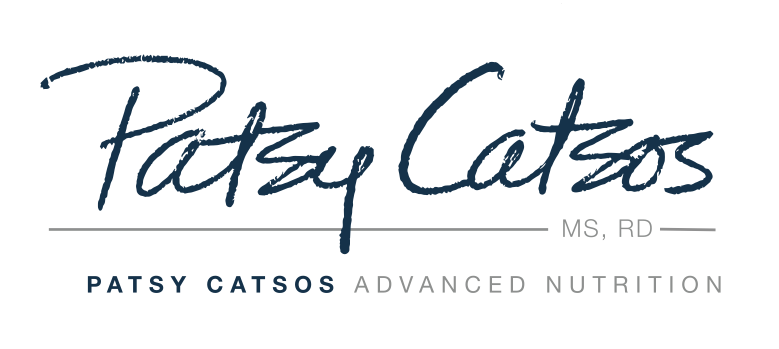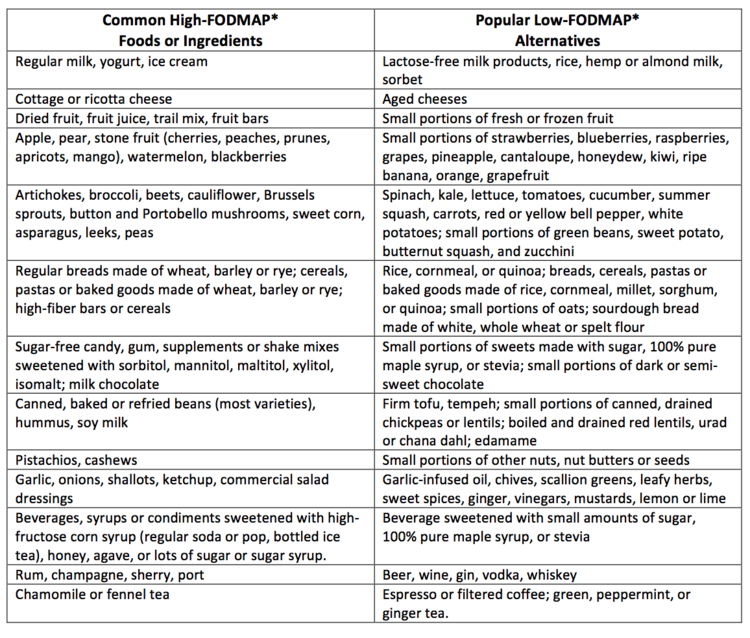Q. “A product I am interested in has apple fiber on the list of ingredients. Monash University has certified this product, but I know apples are not low FODMAP, so can you advise whether the product is OK? I want to do the low FODMAP diet right!”
Meeting the Need for Trained Dietitians
Sourdough Bread and FODMAPs
Foreign Travel On a Low-FODMAP Diet
If you are planning a trip you may wonder how you can manage your low-FODMAP diet while you are in a foreign country. It’s an important question. Naturally, you want to feel your best while you are away from home so you can enjoy all the activities you have planned. At the same time, experiencing regional cuisine is something you won’t want to miss out on. You can make it work with some extra planning and a little flexibility.
FODMAPs and Soy: Why so Confusing?
FODMAPs and IBS: Provider Pitfalls
If you are a physician or mid-level provider recommending low-FODMAP diets to your patients, congratulations on your savvy! You are offering your patients not just hope, but real relief! Today I'm sharing some tips to help you present the diet to patients safely and effectively, while avoiding some common pitfalls.
When Low-FODMAP Diet Doesn't Work
Strategies for Success on the First Phase of a FODMAP Elimination Diet
A FODMAP elimination diet is a bit of a project! If you’ve read The IBS Elimination Diet and Cookbook you know it entails more than simply following a list of low-FODMAP foods. You must be strategic! Whether you are trying this dietary experiment for the first time, or starting a do-over, today’s post will help you make the most of the upcoming elimination phase of your diet.
Pain Point for People with IBS and Diabetes
10-20 percent of people in the U.S. have IBS and about 10 percent have diabetes. So, it’s a good bet that some of you have both! The pain point? Some of the best strategies for managing diabetes increase symptoms for people with IBS. The good news? Other strategies for the two conditions match up nicely. Here are some important teaching points for people with diabetes, and some comments about how that advice intersects with low-FODMAP diets.











